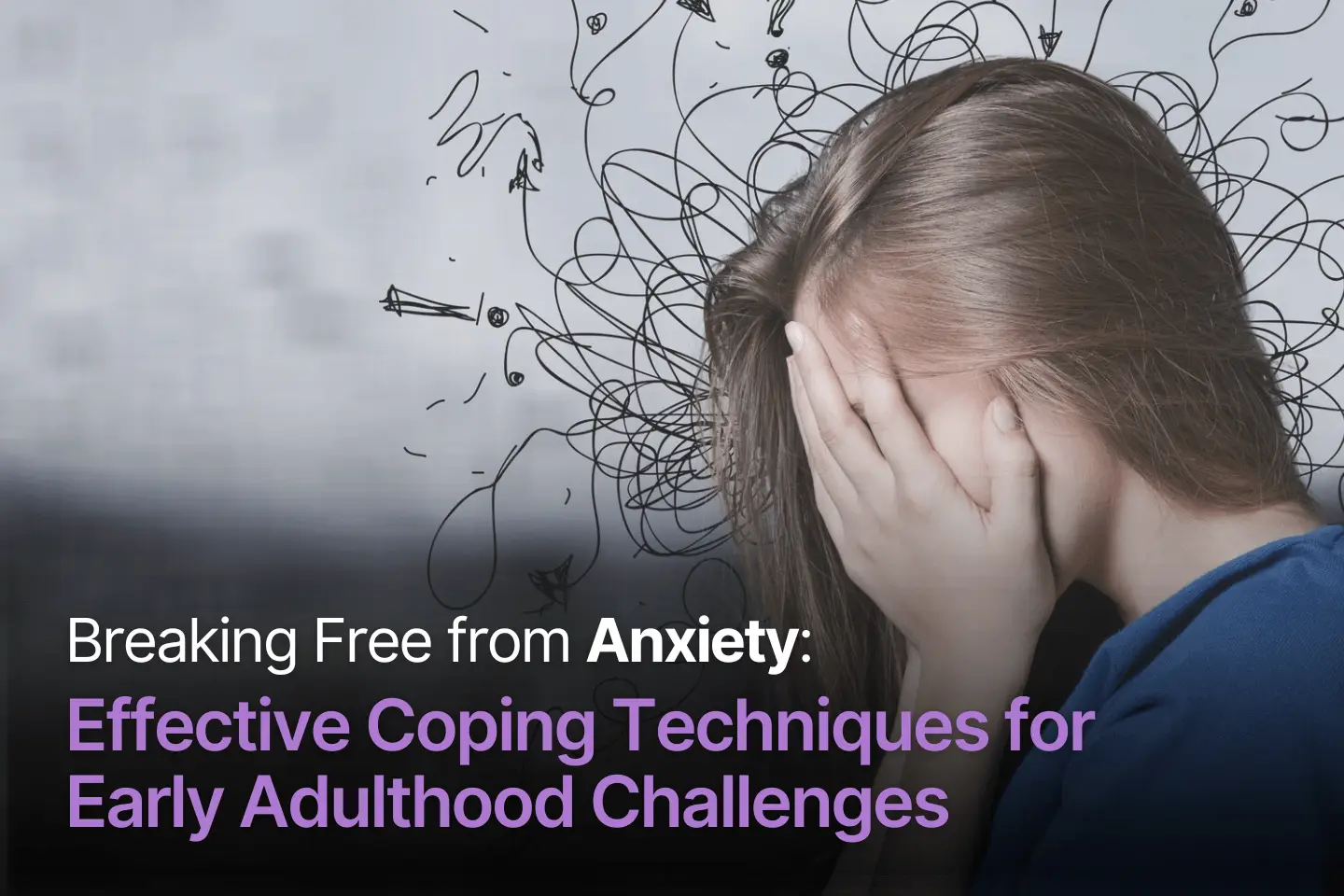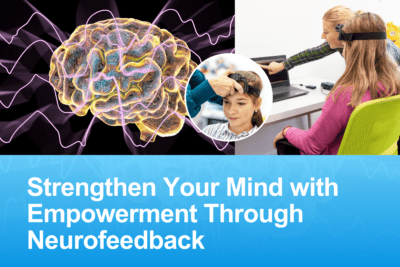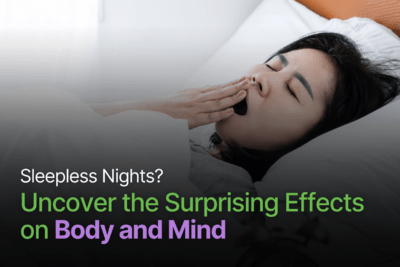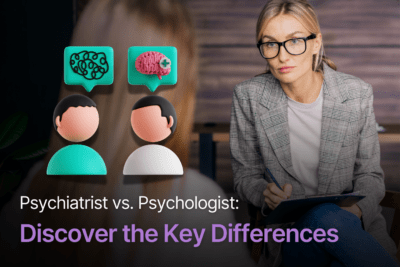
Home » How to Cope with Anxiety in Early Adulthood
How to cope with Anxiety in Early Adulthood: Understanding and Managing the Challenges
Anxiety is an almost universal experience for young adults today. With the whirlwind of changes, pressures, and expectations that come with transitioning to adulthood, anxiety can feel like an unwelcome but familiar companion. Whether it’s social, academic, financial, or career-related, these pressures often have a lasting impact on how young adults navigate their lives. Anxiety is not just a fleeting worry; for many, it becomes an overwhelming, everyday battle. Understanding the effects of anxiety in early adulthood and discovering ways to manage it can empower young adults to live a balanced and fulfilling life, even in the face of these challenges.
Recent studies show that anxiety disorders are the most prevalent mental health issue among young adults, with the global incidence of anxiety in individuals aged 10-24 increasing by 52% between 1990 and 2021. The pressures of modern life, including economic instability, social media comparison, and the lingering effects of the COVID-19 pandemic, have only intensified these challenges.
Understanding How To Cope with Anxiety in Early Adulthood
Anxiety is more than just feeling nervous before a big presentation or meeting someone new. It’s a mental health condition that affects people’s thoughts, feelings, and physical well-being. Anxiety disorders are, in fact, one of the most common mental health issues affecting young adults. According to recent studies, nearly one in three young adults experience some form of anxiety disorder.
Why is anxiety so prevalent in early adulthood? This stage of life is filled with transitions, many of which are uncertain or feel beyond one’s control. Graduating from school, starting a career, managing finances, and building relationships are all significant steps that come with pressure and uncertainty. These experiences can contribute to a persistent sense of worry or stress, especially when they’re compounded by societal expectations and the fast-paced demands of modern life.
Key Triggers of Anxiety in Young Adults
1. Career Pressure and Job Insecurity
With an increasingly competitive job market, many young adults feel pressured to succeed quickly and meet high expectations. The fear of failure, financial instability, and job insecurity can create constant stress, leading to feelings of inadequacy and self-doubt.
2. Financial Worries
Balancing student loan debt, rent, and other expenses can feel overwhelming. Financial struggles often exacerbate anxiety, especially when compounded with the reality of lower entry-level wages and the increasing cost of living. A study found that 72% of millennials report significant anxiety regarding their financial future.
3. Social Media and Comparisons
Social media can amplify anxiety by creating a constant comparison trap. Scrolling through polished photos of peers’ “perfect” lives can lead to feelings of inadequacy and insecurity, as young adults may feel their own lives don’t measure up.
4. Relationship and Social Pressures
Forming and maintaining relationships, whether romantic or platonic, can be a source of joy but also stress. From dating to friendships, many young adults worry about finding a partner, maintaining connections, and navigating breakups or conflicts. These social dynamics can significantly impact one’s mental health.
5. Academic and Professional Success
Whether in school or a new job, many young adults feel pressure to perform and prove themselves. The need to achieve high grades, secure promotions, or make a lasting impression can lead to chronic stress and a fear of failure.
Consequences of Unmanaged Anxiety
The effects of anxiety go beyond just feeling worried; they can have significant physical and emotional consequences. Here’s how anxiety can impact young adults:
Physical Symptoms
Anxiety can lead to symptoms like fatigue, headaches, muscle tension, and sleep disturbances. These symptoms can, in turn, impair day-to-day functioning, making it difficult to concentrate or feel energized.
Impaired Focus and Memory
Anxiety affects cognitive functioning, impacting focus, memory, and problem-solving abilities. When constantly stressed, it becomes harder to focus on schoolwork, job tasks, or other activities, which can lead to a cycle of underperformance and self-doubt.
Low Self-Esteem
For many young adults, anxiety erodes self-confidence. Persistent worry about not being “good enough” can make people doubt their abilities, even if they’re doing well objectively.
Social Withdrawal
Anxiety can make social situations feel daunting, leading some individuals to withdraw from friends and family. This isolation can make the problem worse by cutting off supportive connections.
The Long-Term Impact of Anxiety if Left Untreated
If anxiety goes untreated, it can have lasting effects. Chronic anxiety may lead to more severe mental health conditions, such as depression. It can also harm physical health, leading to issues like high blood pressure, digestive problems, and weakened immune responses. Unaddressed anxiety may also impact relationships, career progression, and general life satisfaction.
But the good news is that anxiety is highly treatable. Many young adults have successfully learned to manage anxiety, often with a combination of professional support and self-care strategies. Here’s how.
Top Methods to Cope with Anxiety and Improve Your Mental Health in Early Adults
The key to managing anxiety is finding strategies that fit your unique lifestyle and circumstances. Here are some proven methods that can help young adults tackle anxiety effectively:
1. Mindfulness and Meditation
Practicing mindfulness helps you stay present, which can break the cycle of overthinking and worrying about the future. Simple techniques, such as focusing on your breath or doing a guided meditation, can lower stress levels and improve mental clarity. A 2020 study found that mindfulness reduced anxiety by 25-38% in participants.
2. Physical Activity and Exercise
Physical exercise is a powerful way to combat anxiety. When you exercise, your body releases endorphins, which naturally elevate mood and reduce stress. Even moderate activities like walking, biking, or yoga can make a significant difference. The Lancet Psychiatry published findings showing a 30% reduction in anxiety symptoms among those who exercised regularly.
3. Healthy Sleep Habits
Good sleep is essential for mental well-being, yet anxiety often disrupts sleep patterns. To improve sleep, try to establish a regular sleep schedule, avoid caffeine and screens before bed, and create a calming bedtime routine.
4. Set Realistic Goals
Set goals that are both challenging and achievable. By breaking down big goals into smaller, manageable steps, you can reduce overwhelming feelings and gain a sense of accomplishment with each milestone.
5. Limit Social Media Exposure
Social media can fuel anxiety by amplifying self-comparison and fear of missing out (FOMO). Consider taking regular breaks from social media or limiting your screen time to improve your mental well-being.
6. Practice Self-Compassion
Anxiety often makes people overly critical of themselves. Practicing self-compassion involves treating yourself with kindness, recognizing that everyone struggles, and not being too hard on yourself when things don’t go as planned.
7. Journaling
Writing about your worries can be an effective way to process and release anxious thoughts. By keeping a journal, you can track patterns, identify triggers, and gain a better understanding of your feelings.
8. Seek Professional Help When Needed
Therapy can be transformative in managing anxiety. Cognitive-behavioral therapy (CBT), for example, is highly effective for anxiety as it helps individuals reframe negative thought patterns. Medication can also be beneficial for those with severe symptoms and should be considered with the guidance of a mental health professional.
Building a Support System for Anxiety Relief
A strong support system is crucial for anyone managing anxiety. Talking to family, friends, or even online communities can help alleviate feelings of loneliness and provide encouragement. Support groups, both in-person and online, offer a safe space for sharing experiences and learning coping strategies from others who understand what you’re going through.
It’s also essential to communicate openly about anxiety. Reducing the stigma surrounding mental health can make it easier to ask for help, whether from a friend, family member, or therapist.
When Should You Seek Help for Anxiety?
It’s okay to seek help at any point if you’re feeling overwhelmed. Some signs that you might benefit from professional support include:
- Experiencing persistent anxiety that interferes with your daily life
- Feeling unable to control your worries or fears
- Avoiding situations because of anxiety
- Experiencing panic attacks or severe physical symptoms related to anxiety
- Losing interest in activities you once enjoyed
Reaching out for help can feel intimidating, but it’s a step toward building a healthier and happier life. Many young adults find that therapy, especially when combined with lifestyle changes, makes a significant difference in their ability to manage anxiety.
Looking Ahead: Building Resilience in Early Adulthood
Managing anxiety is an ongoing journey. Building resilience involves understanding that setbacks and stress are a normal part of life and learning how to cope healthily. Over time, with the right tools and support, anxiety can become more manageable, allowing young adults to embrace the challenges and joys of adulthood with greater confidence.
SOURCES
- Frontiers in Public Health: “Rising Global Burden of Anxiety Disorders Among Adolescents and Young Adults”
- National Institute of Mental Health: “Prevalence of Anxiety Disorders in Adolescents and Young Adults.”
- The Lancet Psychiatry: Studies on exercise and mental health benefits.
- Pew Research Center: Data on millennial financial stress.
Contact BPS Medical: If you’re seeking serious solutions to manage your anxiety, reach out to us today. Our team is dedicated to providing tailored support and helping you find effective coping strategies.








